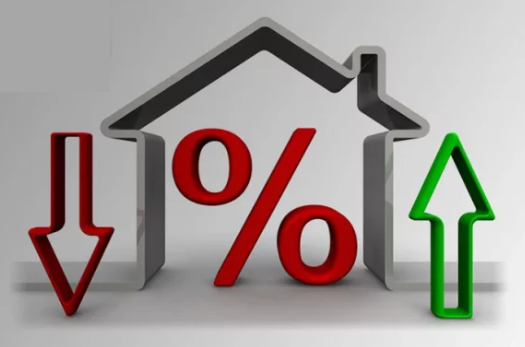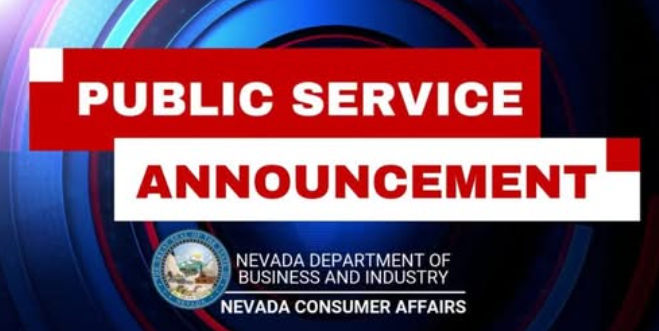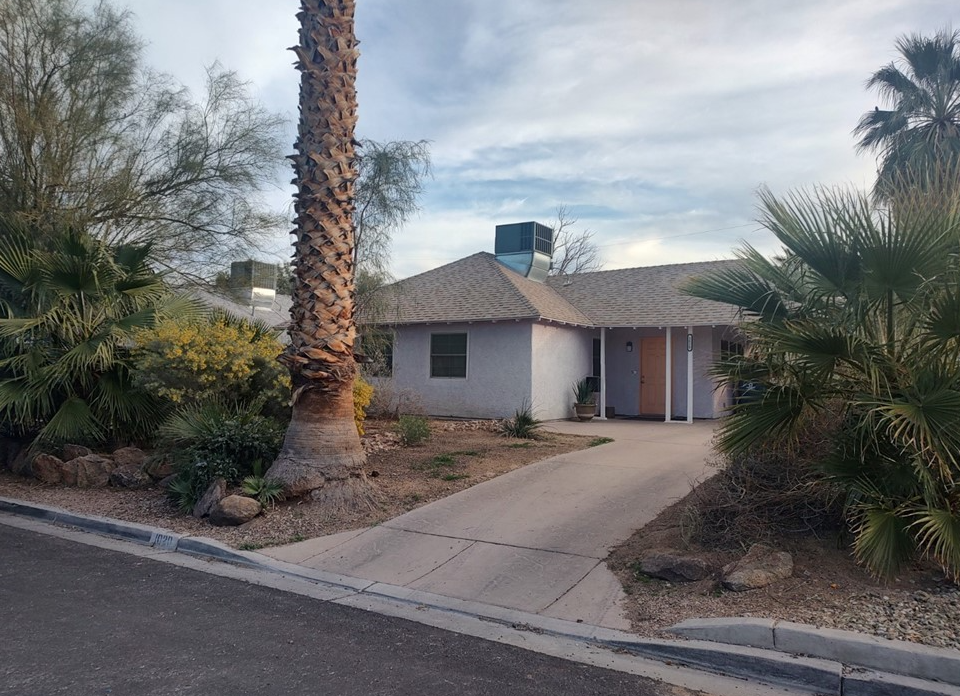Mastering Your Homebuying Budget: Key Costs to Consider

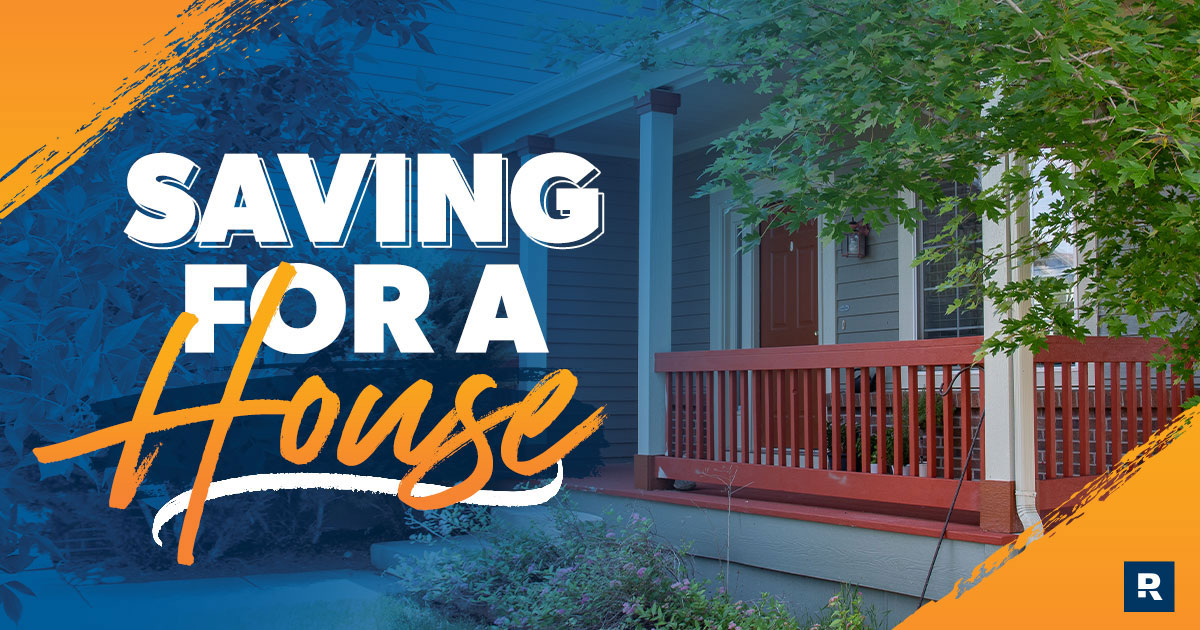
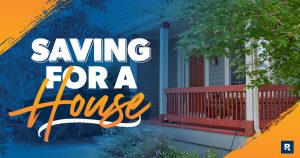 Buying a home is a big milestone, but figuring out your budget can feel overwhelming. The good news? With a clear understanding of the costs involved, you can approach the process with confidence and control. Here are some key expenses to plan for as you prepare to buy your dream home.
Buying a home is a big milestone, but figuring out your budget can feel overwhelming. The good news? With a clear understanding of the costs involved, you can approach the process with confidence and control. Here are some key expenses to plan for as you prepare to buy your dream home.
1. Down Payment
The down payment is often the first cost buyers think about—and for good reason. But how much do you actually need? A common myth is that you must put down 20% of the purchase price. While that’s an option, it’s not a requirement for all loan types. In fact, some loans allow for as little as 3.5% or even 0% down.
According to The Mortgage Reports:
“The amount you need to put down will depend on a variety of factors, including the loan type and your financial goals. If you don’t have a large down payment saved up, don’t worry—there are plenty of options available.”
A trusted lender can explain your loan options, any down payment requirements, and whether you qualify for assistance programs. Knowing your options upfront makes the homebuying process much smoother. Teaming up with knowledgeable professionals ensures you’ll find the right fit for your situation.
2. Closing Costs
In addition to the down payment, you’ll need to budget for closing costs. These are fees paid to various parties involved in your transaction and typically range from 2% to 5% of the loan amount. According to Bankrate:
“Mortgage closing costs are the fees associated with buying a home that you must pay on closing day. They include fees for the appraisal, title insurance, and loan origination and underwriting.”
Your lender will guide you through the specifics of closing costs and provide an estimate so you can plan ahead. Don’t forget to budget for your real estate agent’s professional service fee if the seller doesn’t cover it. Your agent will discuss this with you early in the process, so there won’t be any surprises when it’s time to close.
3. Earnest Money Deposit (EMD)
To further demonstrate your commitment to buying a home, you may consider an earnest money deposit. Typically ranging from 1% to 2% of the home’s price, this deposit shows the seller you’re serious about your offer. While not required, it can strengthen your offer in competitive markets.
As Realtor.com explains:
“It tells the real estate seller you’re in earnest as a buyer . . . Assuming that all goes well and the buyer’s good-faith offer is accepted by the seller, the earnest money funds go toward the down payment and closing costs.”
An EMD isn’t an additional cost; it’s part of the money you’ve already saved for the purchase. Your real estate advisor will help you determine if an EMD is a smart move for your situation and guide you through local requirements.
The Bottom Line
The key to successfully saving for a home is understanding what costs to expect. When you’re informed, you can create a realistic budget and approach the process with confidence. By partnering with an expert real estate agent and a trusted lender, you’ll have the guidance you need to make informed decisions and turn your homeownership dreams into reality.
Houses that are priced, presented & marketed correctly are selling fast.
Let my 33+ years of Real Estate experience in Las Vegas work for you. 702-378-7055
The information contained, and the opinions expressed, in this article are not intended to be construed as investment advice. Very Vintage Vegas does not guarantee or warrant the accuracy or completeness of the information or opinions contained herein. Nothing herein should be construed as investment advice. You should always conduct your research and due diligence and obtain professional advice before making any investment decision. Very Vintage Vegas, will not be liable for any loss or damage caused by your reliance on the information or opinions contained herein.

